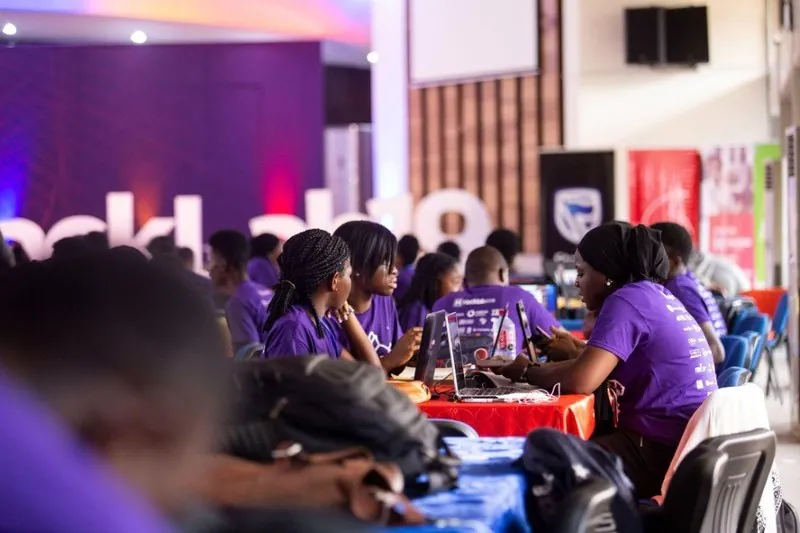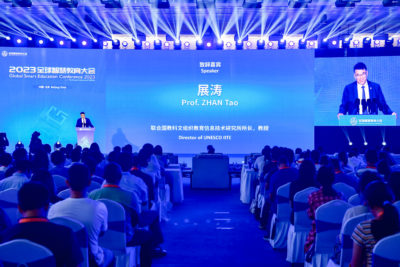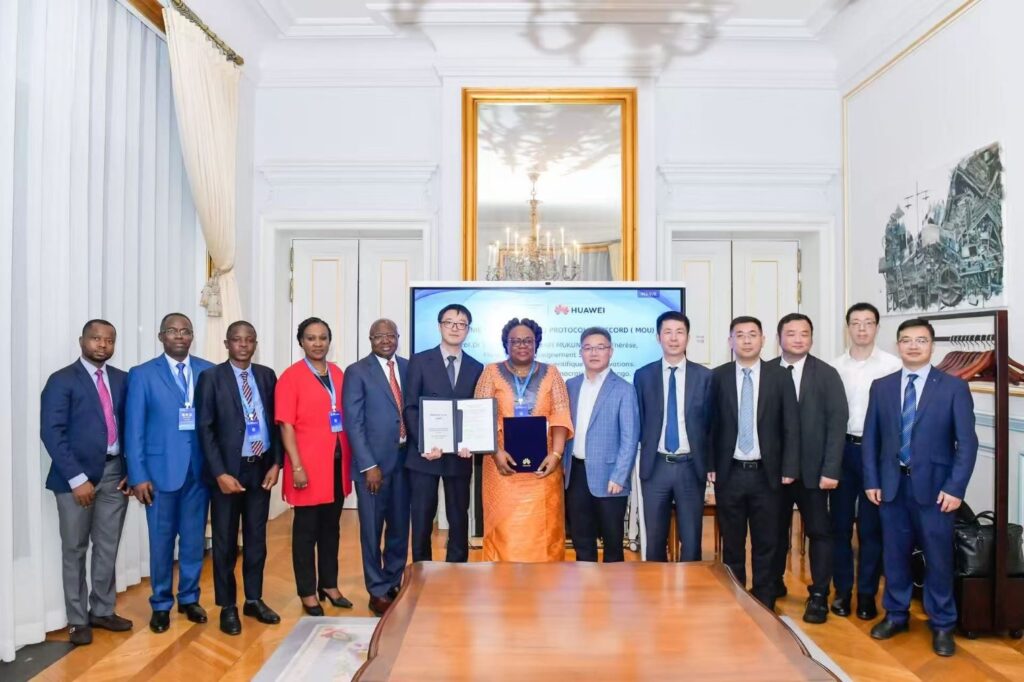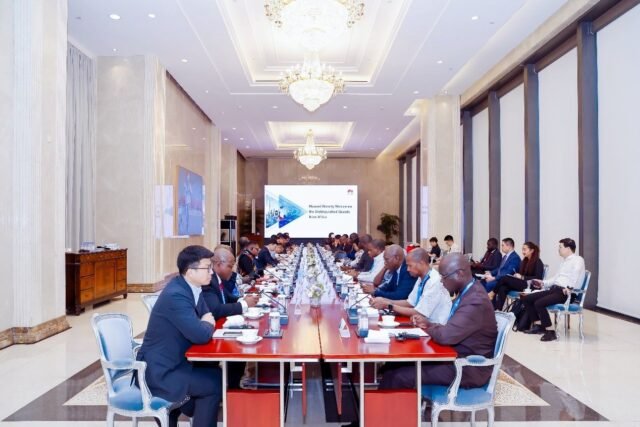The Global Smart Education Conference 2025, held in Beijing from August 18 to 20, ushered in a remarkable moment for African education. Amidst global discourse on smart learning, the inaugural African Inclusive Education Forum took centre stage—an initiative of immense significance for Africa’s education landscape. Positioned under the banner: Advancing Inclusive Education Through Digital and Intelligent Technologies, the forum brought together a vibrant mix of education ministry officials, university partners and tech leaders from across the continent, representing nations such as Egypt, Algeria, Senegal, the Democratic Republic of the Congo and Cameroon
This pivotal event symbolises a determined step towards inclusion, equity and innovation, where digital tools and intelligent systems aim to dissolve longstanding barriers in educational access and quality across African societies.
Table of Contents

Opening Remarks with Heart and Vision
According to Huawei Enterprise, kicking off the proceedings, Ye Ziping, Vice-President and Chief Digital Officer of Huawei Northern Africa, extended a warm and deeply personal welcome. He emphasised Huawei’s commitment to forging strong partnerships, crafting solutions tailored to Africa’s realities and ensuring that every learner—regardless of location or circumstance—can access education.
Following this, Peter Zhang, Vice-President of Huawei’s Global Public Sector BU, laid out the big-picture ambition: over the past decade, Huawei has served over 7,800 educational institutions in more than 120 countries, collaborated with over 3,000 universities to establish Huawei ICT Academies, and trained over one million students. His message: ICT talent development is not just desirable, it’s essential—more so in driving forward inclusive education across Africa.
Then, Professor Wu Yonghe of the China E-Learning Technology Standardization Committee (CELTSC) shared China’s own journey. He highlighted how structured policies, backed by robust digital-intelligent infrastructure, have powered AI-enhanced teaching, benefiting tens of millions of teachers and students across China’s education system.

The Power of “Device-Pipe-Cloud-Intelligence” Solutions
One of the most stirring segments came from Liu Yue, Director of Inclusive Education at Huawei Northern Africa. With candour, she addressed the sobering challenges many African nations face—scarcity of educational resources, gaps in digital infrastructure, and limited funding. But she also shared a compelling vision: Huawei’s end-to-end “device-pipe-cloud-intelligence” strategy—incorporating smart classrooms, cost-effective cloud terminals, campus connectivity tools, and integrated intelligent systems—can dismantle geographic and infrastructural barriers, elevating educational equity and quality.
Moreover, the forum introduced a ground-breaking concept: the AI digital teacher. This AI-powered assistant demonstrates how technology can deepen resource sharing, equip each student with personalised support, and accelerate the education sector’s transformation with speed and precision.
Such technologies promise to bring formerly inaccessible classrooms to remote learners, and enrich learning environments with interactive, real-time, responsive teaching—at scale.
Africa’s Future Through Intelligent Inclusion
What stands out in all this is the human-centred core of technology deployment. The Forum wasn’t just about flashy gadgets or IoT networks—it centred on intelligent systems that speak to the hearts of learners and teachers alike. Whether through inclusive infrastructure or AI-driven teaching aids, the emphasis was on human empowerment through smart innovation.
By filling digital deserts with connected classrooms and AI-enhanced instruction, Africa’s educational future looks more vibrant and inclusive than ever. The alignment between Huawei’s extensive track record in ICT training and African partners’ aspirations sets a powerful foundation for long-term transformation.
This Forum signals a shift: from static– and inequitable–education models to flexible, responsive, data-informed, and inclusive learning ecosystems. The impact will be felt in classrooms, communities, and national systems across the continent.

Key Takeaway
- The Global Smart Education Conference 2025 hosted the inaugural African Inclusive Education Forum in Beijing (18–20 August), uniting African stakeholders under the theme of digital and intelligent technologies for inclusive education.
- Opening speakers—including Ye Ziping and Peter Zhang from Huawei, and Professor Wu Yonghe—highlighted commitment to tailored, impactful digital education and detailed China’s journey in AI adoption for education.
- Liu Yue showcased Huawei’s end-to-end “device-pipe-cloud-intelligence” solutions and introduced the concept of AI digital teacher, offering a humanised, intelligent learning framework adapted for African contexts.
- The Forum marks a turning point—repositioning Africa’s educational trajectory around inclusion, technology access, and personalised learning, building a smarter, more equitable future for learners across the continent.
Join Our Social Media Channels:
WhatsApp: NaijaEyes
Facebook: NaijaEyes
Twitter: NaijaEyes
Instagram: NaijaEyes
TikTok: NaijaEyes








































